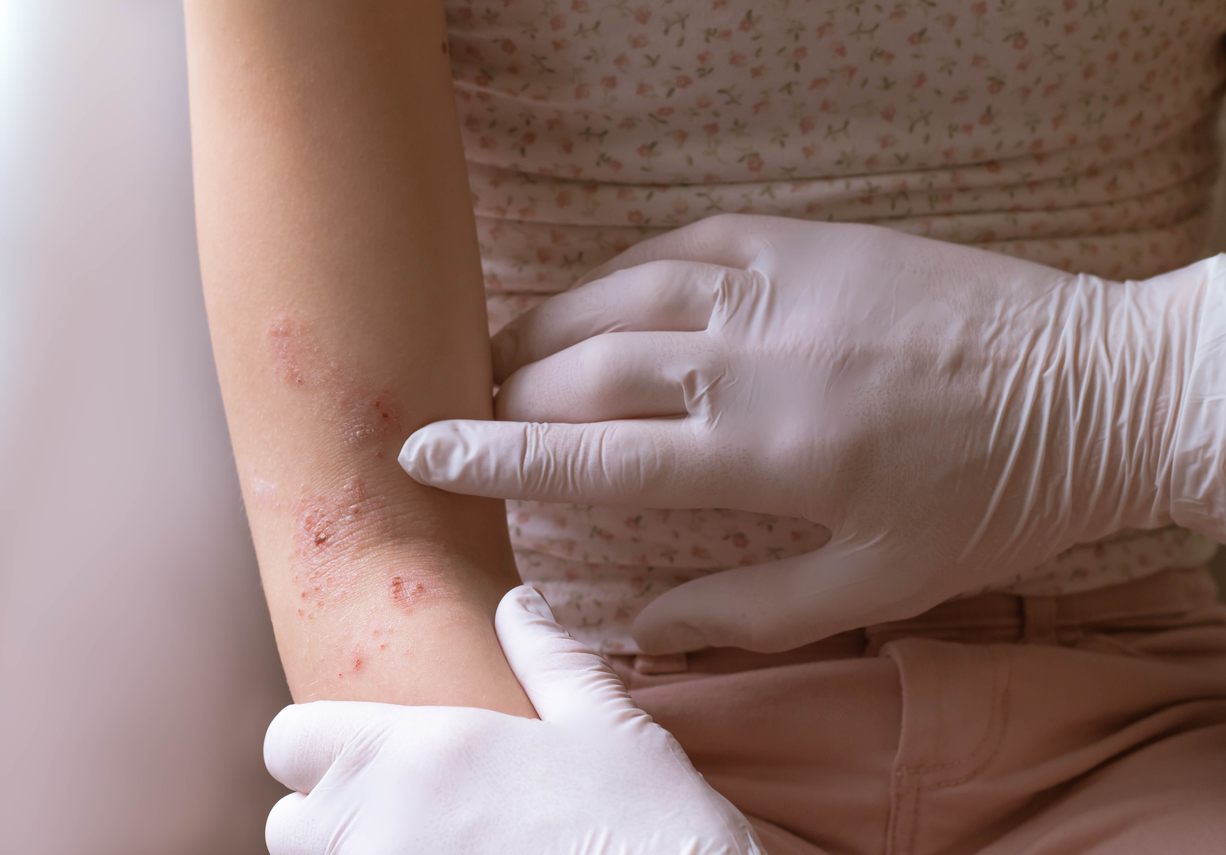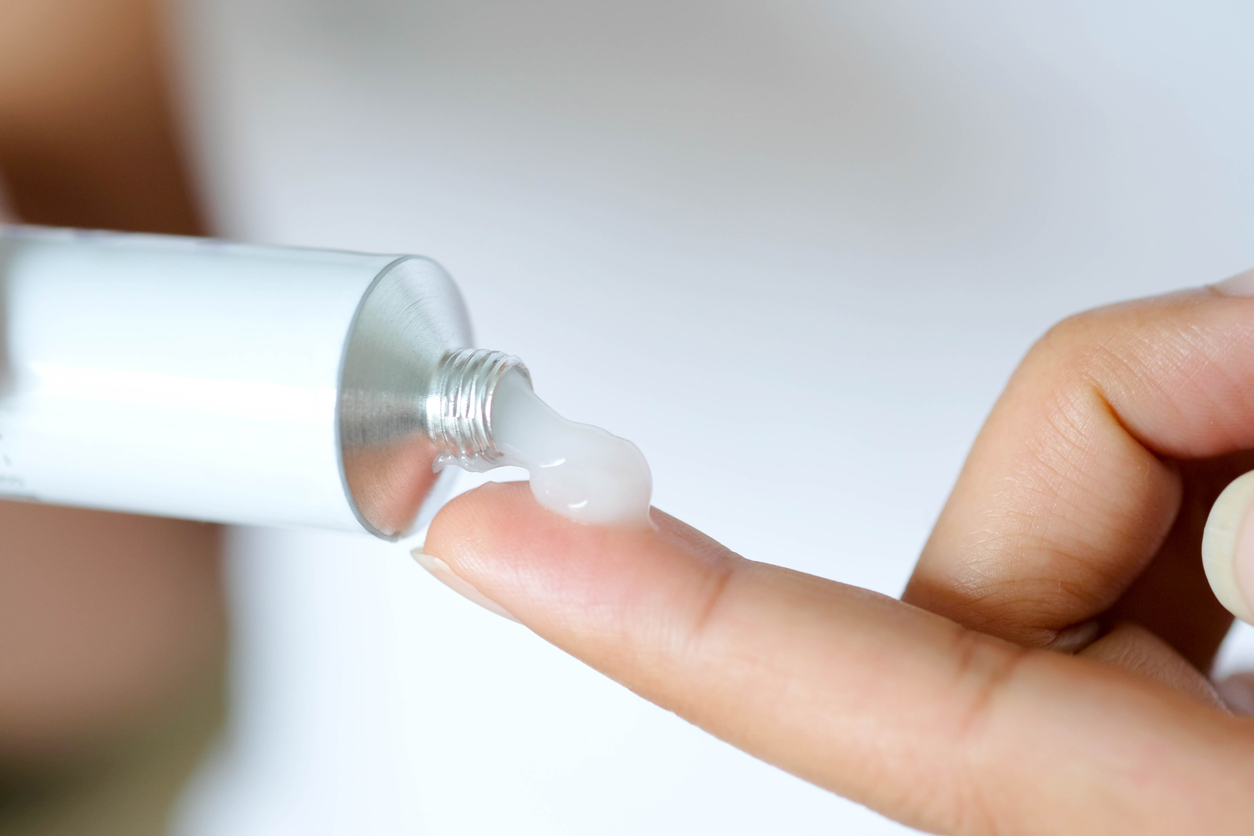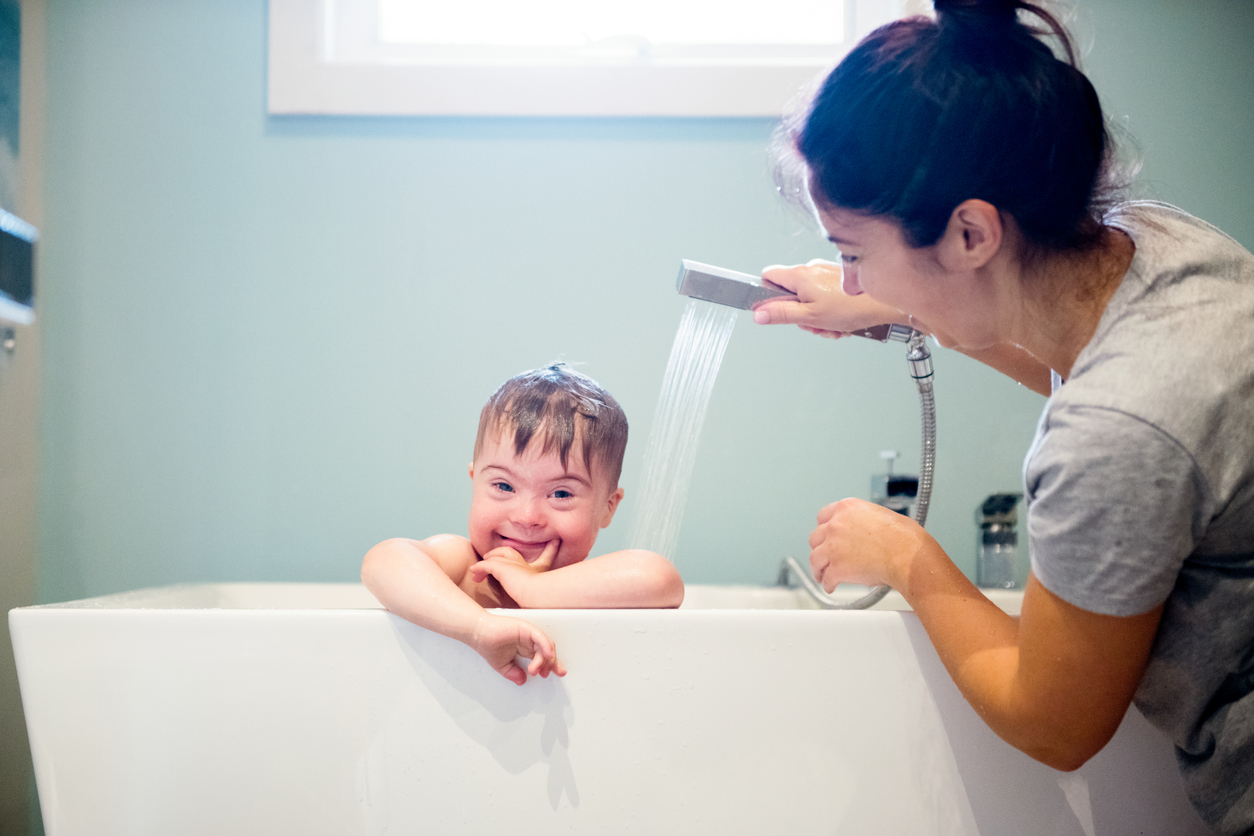Eczema is a common skin condition that affects many babies and children, causing discomfort and frustration for both the child and their caregivers.
One of the most prevalent forms of eczema is atopic dermatitis. In previous guides, Blueberry's pediatricians have covered this and other skin conditions in depth. This guide will help you understand eczema treatment options to provide relief and comfort for your child.
Understanding eczema
Eczema is an umbrella term for various conditions that cause the skin to become dry, red, itchy, and inflamed. Atopic dermatitis, or atopic eczema, is a recurring skin inflammation caused by an overactive immune system. and the most common form of eczema in children and is manageable.
It typically results from a combination of genetic and environmental factors. If your child has atopic eczema, they may also have a family history of hay fever, asthma, or other allergic conditions. In fact, asthma, eczema and allergies are called the “atopic triad” because they commonly occur together.
Eczema symptoms

Eczema flare ups typically present as:
- Red, inflamed, irritated skin
- An intense itchy rash
- Dry, scaly skin patches
- Crusting or oozing sores (in severe cases)
These symptoms can vary in severity and may appear anywhere on the body, though they are most commonly found on the face, elbows, knees, and hands. Your child may feel itching and discomfort, leading to restlessness and irritability during flare-ups.
Common triggers
Preventing eczema flare-ups involves identifying and avoiding triggers that can aggravate your child's condition. Common triggers include:
- Harsh soaps and detergents: Soaps and detergents with dyes and fragrances can cause your child's skin to flare up. Use only dye-free and fragrance-free products, including shampoos. Wash clothes and linens with gentle detergents like All or Tide Free and Clear.
- Environmental factors: Weather changes, wind, low humidity, or particularly dry or cold conditions can worsen eczema-prone skin. Keep skin well-moisturized to protect it from harsh weather.
- Environmental triggers and other irritants: Eczema can be triggered by allergens like dust mites, pet dander, and pollen, as well as rough fabrics like wool. Identifying and minimizing exposure to these allergens and skin irritants can help manage symptoms.
- Foods: Certain foods like cow's milk and eggs can trigger eczema in some children. If you notice a pattern, a food allergy may be triggering symptoms, and it is best to avoid these foods.
Treating eczema

Treating eczema involves a multi-step approach, often starting with over-the-counter (OTC) remedies and progressing to prescription treatments if necessary. Here’s a recommended order of treatment:
Moisturizing creams
If you suspect your child has eczema, you can start by applying moisturizer to soothe itchy skin. Opt for gentle, non-fragranced moisturizers containing active ingredients like ceramides.
Moisturizing creams aid in protecting the skin barrier, which is damaged in children and babies with eczema. Choose hypoallergenic and fragrance-free products that are gentle on sensitive skin.
Note: Blueberry's pediatricians specifically recommend creams instead of lotions, as creams are more hydrating.
Barrier ointments
Dr. Monica Davern advises applying barrier ointments like petroleum jelly on top of a moisturizing cream as an added layer of moisture and protection from irritants. Use them 1-2 times a day, every day.
Over-the-counter hydrocortisone
If moisturizer creams and barrier ointments are insufficient for mild cases, try applying a 1% hydrocortisone cream only to the affected areas (itchy or red spots), followed by a layer of Vaseline or similar ointment on top.
This can help reduce inflamed, itchy skin. As the rash calms down, discontinue the hydrocortisone but continue moisturizing. You should never apply steroid creams for more than 14 days in a row without taking a break. A common method Dr. Davern suggests to families to avoid steroid overuse is to apply it twice a day on weekdays, take the weekends off, and repeat if needed.
Prescription treatments
If the symptoms do not improve after using OTC treatments, consult your pediatrician or a pediatric dermatologist, who may prescribe a stronger topical steroid to treat the skin and relieve itch symptoms.
These prescriptions come in various strengths, depending on the severity of the flare-up and the affected areas of the body. For example, a less potent steroid is used for the face and groin than other areas of the body.
Use topical steroids only as directed to avoid weakened or thin skin and other side effects.
Creating a routine for your little one's skin

Dr. Amrit Bhardwaj grew up with eczema and now manages it for her own children. She suggests the following routine for caring for your little one's dry skin.
"Think of the skin as layers of dry soil. First, you need to water the skin and have it absorb all the water to the deepest layers, so short, warm (not hot) baths are recommended." She and other Blueberry pediatricians recommend using mild cleansers like Cetaphil or Dove.
After getting out of the bath, pat dry and immediately apply an eczema-seal-approved emollient moisturizer to damp skin to lock in the water and help your child's skin retain its natural moisture. Cetaphil and CeraVe are recommended irritant-free creams.
"In winter, I may layer petroleum jelly. Personally, I skip that step in the summer because it can be too heavy and occlusive and trap sweat onto skin, causing more itching and irritation - but parents can see what works best for their child."
Additional tips for managing eczema
You're doing all you can to manage your child's eczema symptoms. Here are a few more helpful tips from our pediatricians to prevent worsening symptoms:
- Keep fingernails short: To minimize complications from scratching, keep your child's nails cut short and put socks or gloves on your baby's hands when they sleep.
- Avoid bubble baths: Bubble baths and bath bomb products can irritate sensitive skin.
- Cotton clothing: To avoid irritating the skin, dress your child in 100% cotton or cotton blend clothes.
- Seasonal flare-ups: Excess heat and chlorine from pools can worsen eczema. Moisturize after swimming and stay cool in hot weather.
- Allergy medicine for itching: Some children scratch in their sleep, leading to worse eczema and restless nights. You can administer Children's Benadryl or Zyrtec for a few days to help reduce itching. Sometimes, a prescription version is needed for long-term relief.
When to call a doctor
Eczema rashes can mostly be managed at home. However, severe symptoms may require medical intervention. If your child has a fever, the rash looks infected (pus, oozing, spreading redness), or has small blisters or punched-out sores, you should consult a pediatrician for evaluation and guidance.
Additionally, contact your doctor if your child acts or looks sick, has painful skin to the touch, has a fever, or has severe itching that persists for more than 48 hours.
Need to chat with a doctor right away? Blueberry Pediatrics is here for you! Blueberry offers 24/7 on-demand access to board-certified pediatricians through text, phone, or video. Our doctors can help treat acute eczema symptoms and prescribe medication if necessary.
Sign up for Blueberry Pediatrics today and have peace of mind knowing that expert medical care is just a text or call away!
.png)
Frequently Asked Questions
Do children outgrow eczema?
Many children outgrow their eczema as they age, although some may continue to have flare-ups or experience dry skin.
Do food allergies cause eczema symptoms?
Food allergies can trigger eczema flare-ups in some children, but it is not the root cause of eczema. Consult a pediatrician or allergist to determine if your child has any food allergies contributing to their condition.
Is it better to apply lotion or cream to skin affected by eczema?
Our doctors recommend cream as lotions tend to be more drying. Note that not all creams are created equal. Only apply skin care products that are gentle, dye-free, and fragrance-free.
What's the best cream for severe eczema?
Eczema creams are often the best choice for areas with frequent flare-ups. Ingredients that help eczema-prone skin include colloidal oatmeal, ceramides, hyaluronic acid, and niacinamide. Consult a pediatric dermatologist and check out products with the National Eczema Association Seal of Acceptance.
Can I buy any cream, or does the label need to say eczema cream?
Both! You can purchase eczema cream or a cream that is not specifically for eczema-prone skin. Try to find products that have the seal of approval from the National Eczema Association. If those products aren't available, focus on the ingredients and ensure the formula is dye-free and fragrance-free.
Are there other ways to manage eczema?
We've discussed the most common treatments. Occasionally, doctors will use other types of medication or even phototherapy to treat the condition. Phototherapy involves exposure to specific wavelengths of light to reduce inflammation and itching. It can be used in combination with other treatment options for optimal results. Consult a dermatologist to determine the best treatment for your child’s eczema.





.avif)
%20.avif)
.avif)
.svg)






.svg)
.svg)